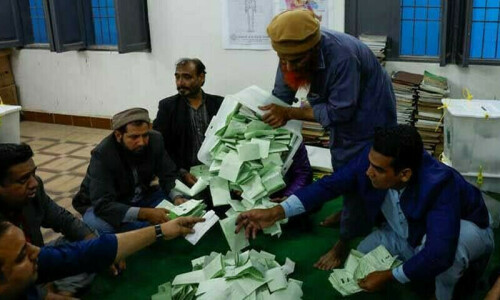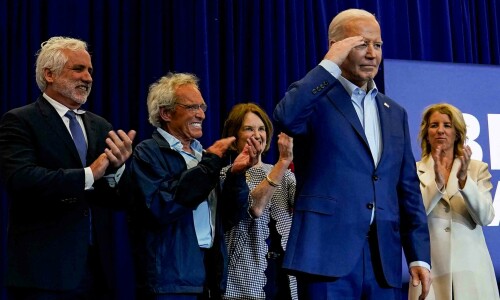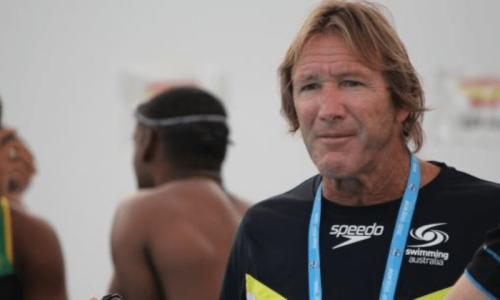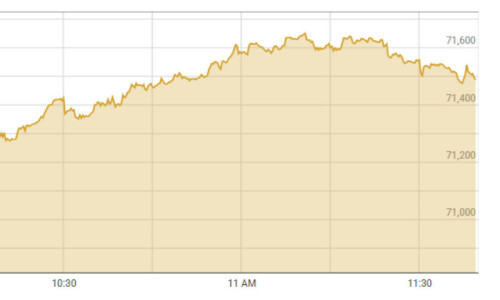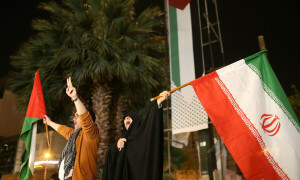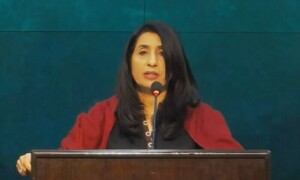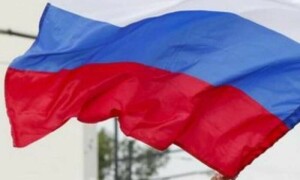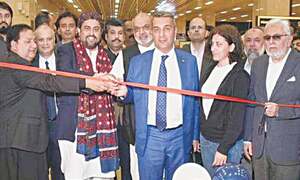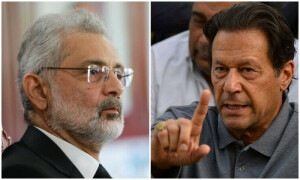
MALALA Yousafzai did not win the International Children’s Peace Prize, the initiative of a Dutch group, on Universal Children’s Day but she was among the top five favourites selected from almost 100 children hailing from 42 countries.
A couple of years ago, in 2009, she told me, “I curse my name Malala — mournful — which keeps happiness away from me.”
She had said this as she sat beside her father who ran a school. She cried as she talked about her wretched life during the rule of the Swat Taliban.
A day before the Taliban’s deadline for shutting down girls’ schools, I reached the valley on Feb 14, 2009, a little before dawn.
Various muezzins were calling the faithful to prayer, their voices resonating almost in unison. But despite the peace that enveloped the traveller, the menacing shadows of the surrounding mountains held Mingora city in thrall.
Almost everything in the dark valley belonged to the Taliban, who had reduced Swat to a ghost of its glorious past. Grabbing those who opposed them or did not conform to their diktat at night, they would drag their captives to the ‘Khooni Chowk’ to carry out their macabre ritual of early-morning slaughter.
Not too far from Malala’s house, it had become routine for passersby to view, until midday, the mutilated bodies lying in a pool of blood in the middle of the square.
The knock on the door at the pre-dawn hour, then, was alarming for Malala’s father Ziauddin. I had interviewed Malala previously on the subject of education, but today I reminded him of an earlier commitment for a documentary, which a foreign media outlet had agreed to finance.
The next 48 hours were spent in documenting the last days of girls’ education under Taliban rule in Swat. Class dismissed in Swat valley was released some time later, and the gifted Malala, a lead character, became an instant hit with foreign audiences.
It was difficult to celebrate this success; the fear of having exposed the thoughts of the young girl haunted me for long.
Meanwhile, Adam Ellick, co-producer of the documentary, kept forwarding me emails of foreign NGOs that now appeared interested in girls’ education.
This may have had much to do with Malala’s own confidence and desire to become a doctor. Ellick narrated one incident in which the reluctant sons of a US doctor were persuaded to go to school after their parent showed them the documentary filming the plight of girls’ education in Swat.
Over the last three years, media exposure has projected young Malala and her father Ziauddin, whose school was the main feature of the documentary, as the liberal face of Swat. They have struggled — along with many others — to stop the tide of obscurantism in the plagued valley.
“How can I leave the valley in bad times, when the valley has given me so much during good times?” Ziauddin would reply to his friends’ requests for him and his family to leave Swat after the Taliban included his name on their death list.At that time, the 11-year-old Malala had something else on her mind. “I have got a cupboard where I can hide my father if the Taliban come after him,” she told me, pointing a figure towards a huge wooden box in her room.
The tragic story of Swat, which saw the slaughter of so many innocents and the suffering of scores of family, ended on a happier note after the militants were driven out of the valley in mid-2009. The sacrifices rendered by the Swati people had paid off.
Malala, meanwhile, emerged as a symbol of resistance against the Taliban, which was due, in no small part, to her ‘anti-Taliban’ diary that she wrote for the BBC. Since then, she has been celebrated within the country by many, the prime minister among them, and has received cash and other awards.
Recently, I called Malala from Peshawar to ask her if she still disliked her name. She laughed in reply. Her situation reminded me of her namesake Malalai of Maiwand, who rallied Afghan forces against the British troops in the battle of Maiwand on July 27, 1880. When the tribal lashkar was on the retreat, the extraordinary bravery of Malalai — the daughter of a Pakhtun tribal chief — led to the defeat of British troops in the second Anglo Afghan war.
When asked if Malala of Swat would follow the Afghan Malalai the young girl adamantly said “yes”, but added that, “my strength does not lie in the sword. It lies in the pen”. Hopefully, this is a discovery that other girl students hailing from areas where schools have been bombed will also make.
Writing about his own life, Nietzsche once observed that his weakest moments were his greatest moments because they made him stronger. The people of Swat faced their toughest moments in a war that continues in the country and in which the enemy, when it occupied their land, was considered too strong to be knocked down easily.
Fortunately, there are many stories about strong-willed individuals in Swat who survived these tough times. They stood up against a powerful enemy. Many died a hero’s death; many still wait to be honoured. Their courage and individual and collective effort against the forces of darkness must be recognised and honoured by both the government and society as an essential step towards turning the tide of violence in the country.
The writer teaches at the University of Peshawar.
syedirfanashraf@gmail.com

